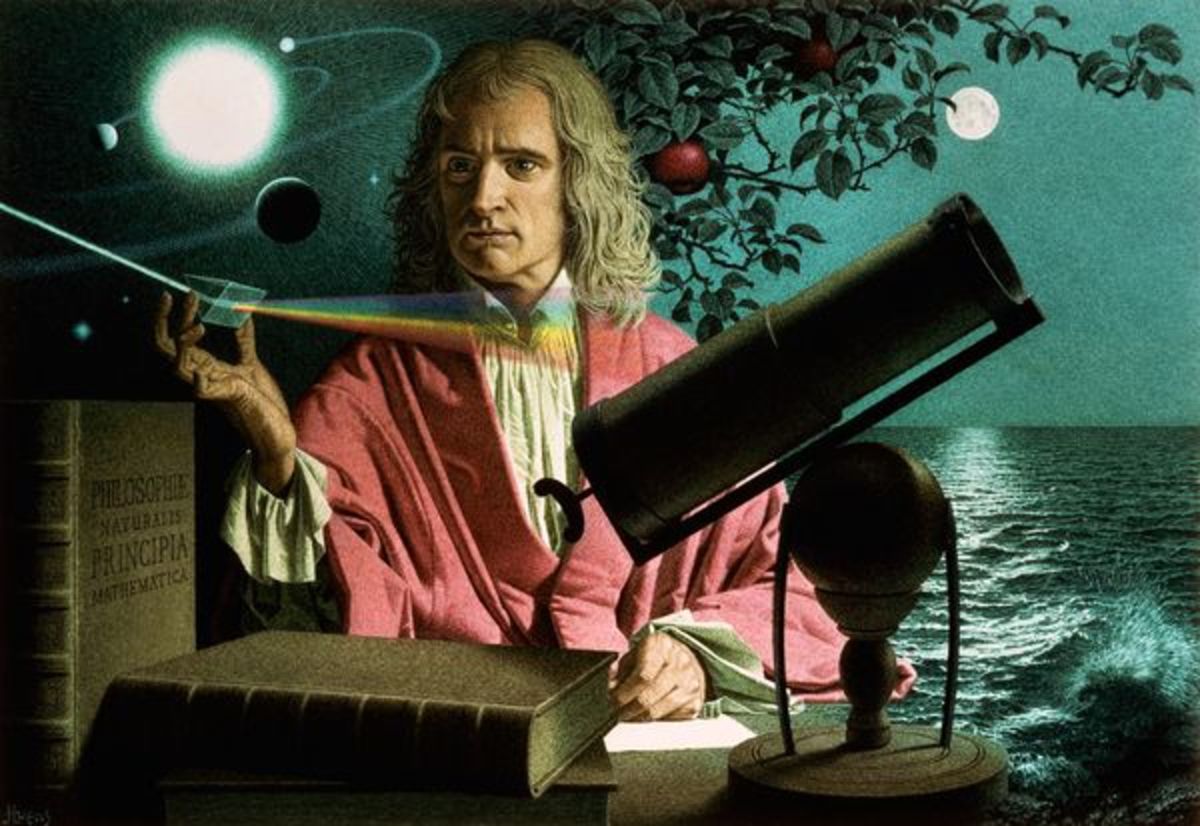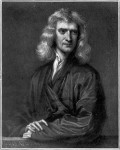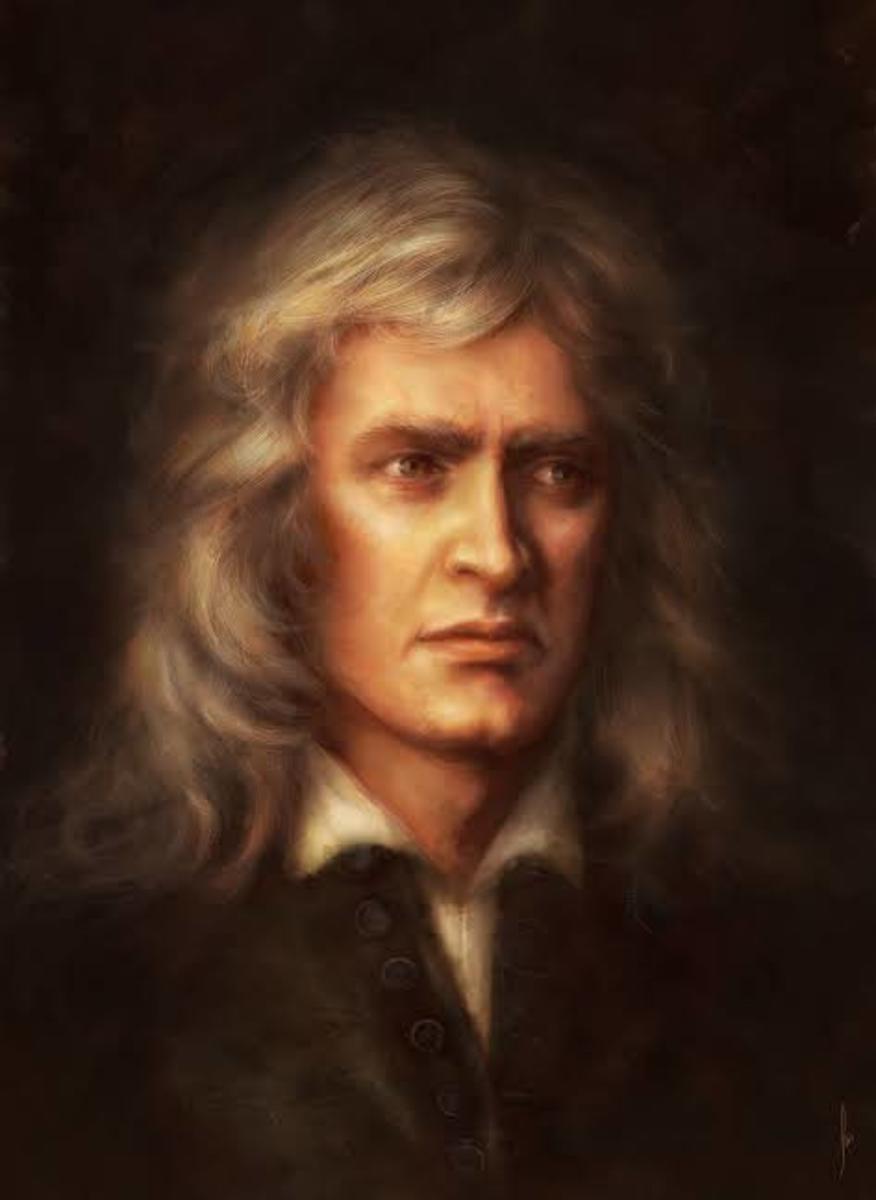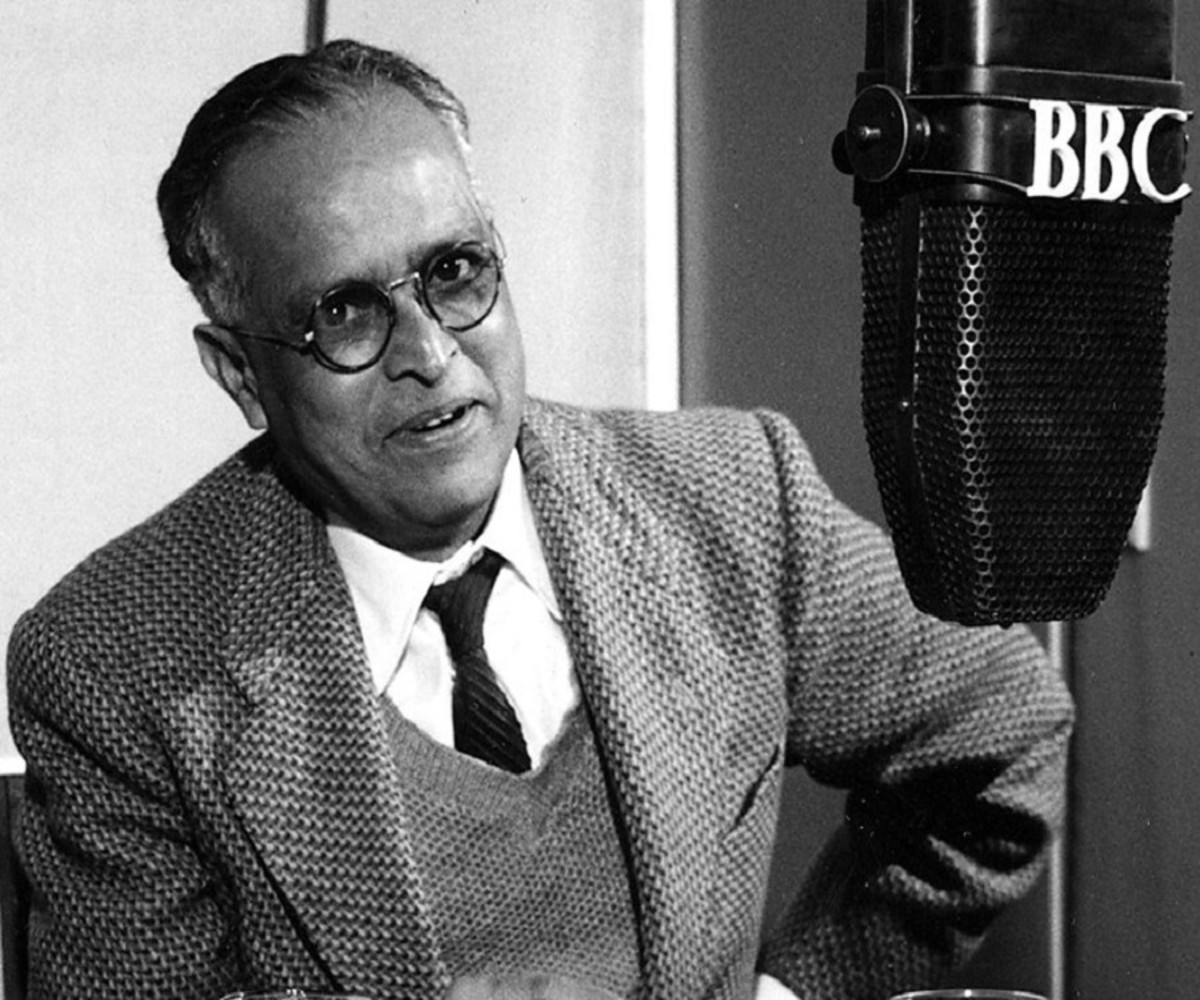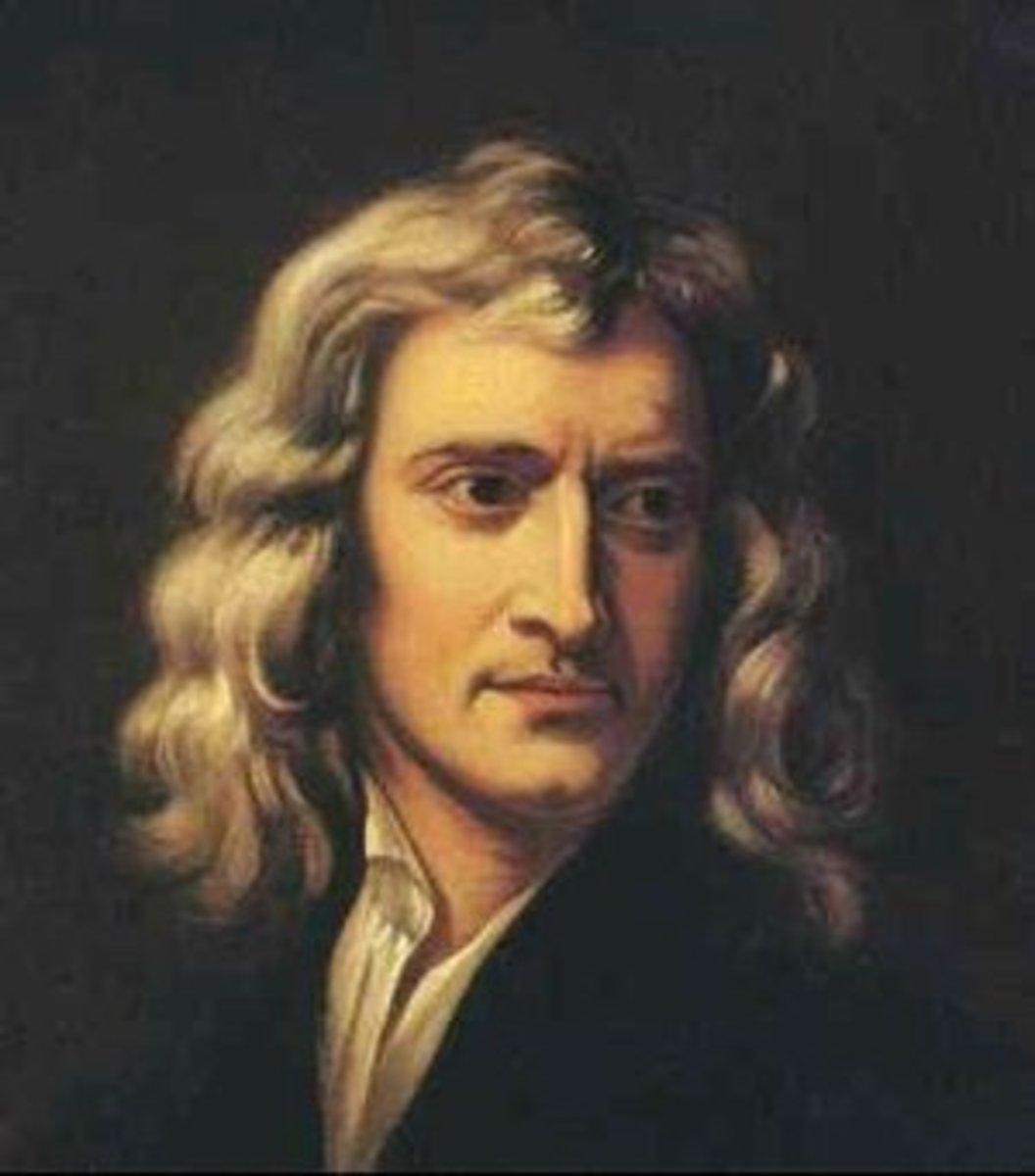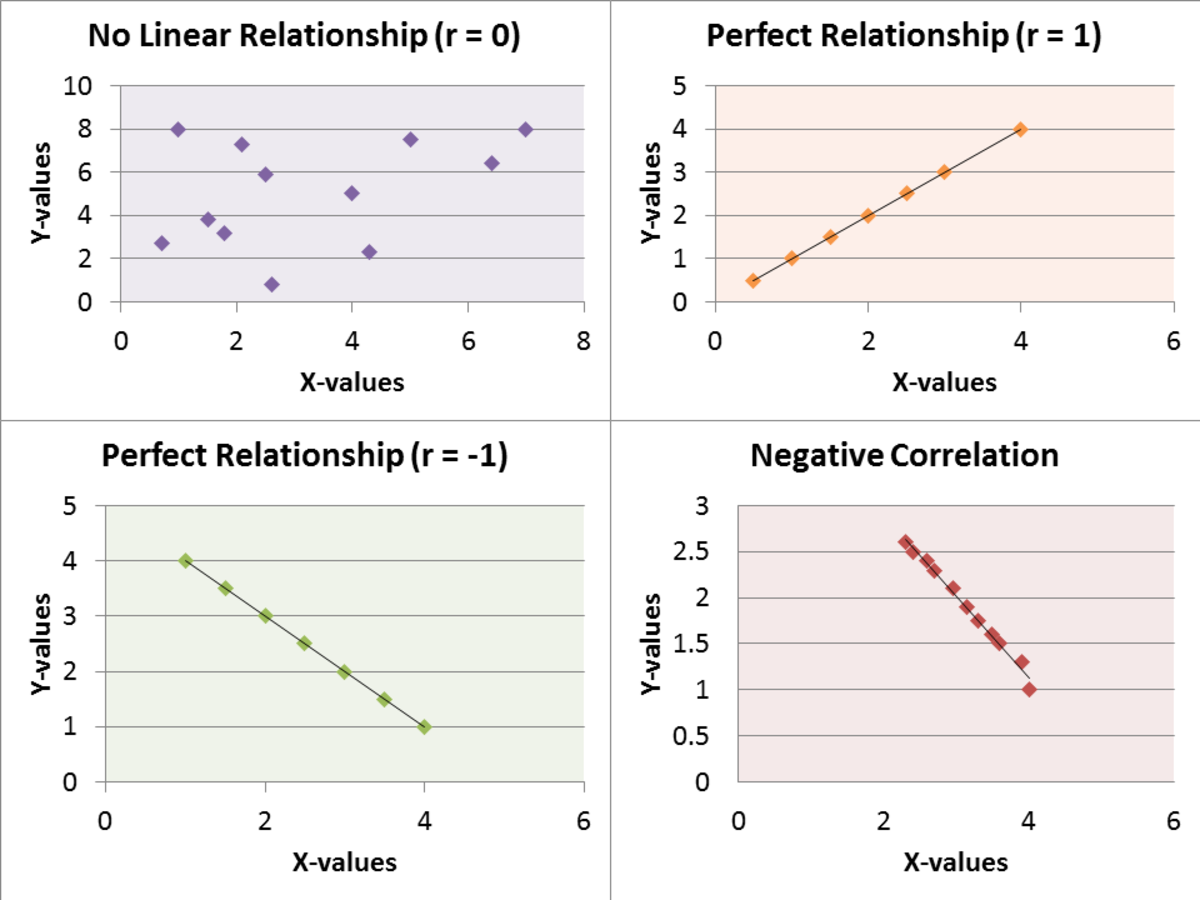Sir Isaac Newton Biography
1643 - 1727
Sir Isaac Newton is considered one of the most popular and influential scientist in the history of science and mathematics today. He was born prematurely in Woolsthrope-by-Colsterworth Lincolnshire, England the same year the famous astronomer Galileo died. Information about his early years in school does not mention anything about his propensity toward becoming a great scientist later. Isaac Newton did construct ingenious playthings such as miniature mills, clocks and sundials while he was in grammar school. He left Grantham Grammar School in 1661 for Cambridge University at the head of his class. Believe it or not his mother, now twice divorced, tried to convince Isaac to become a farmer just before he left for Cambridge.
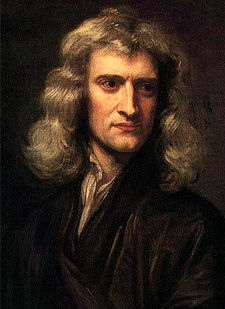
Higher Education
While at Cambridge, Isaac Newton was influenced by the lectures held by Isaac Barrow, who had worked on methods of calculating areas and finding tangents to curves. By a stroke of luck Newton landed in the right place at the right time. Those two problems Barrow was working on lead Newton to pursue the development of the two fundamental principles of calculus, now called integral and differential calculus.
Another set of events changed the direction of Newton's life, the "Black Plague" caused a suspension of his courses for two years. He was forced to return home and continued his studies on his own in solitude. His achievements later showed Newton was at his best when he was left alone. He eventually returned to Cambridge to complete his studies for his Master's degree.
Achievements During Solitude
Isaac Newton made several significant accomplishments in the fields of science and math during his solitude. These are the main ones:
- Calculus
- Universal law of gravitation
- Binomial Theorem
- Theory of Optics
Newton rarely made his findings public, because he was suspicious and defensive that someone else may receive recognition before he was reading to make his findings public. He almost lost his recognition over the creation of calculus with his clash with Leibniz, another famous mathematician. They both arrived with the same ideas for calculus independently, and an English committee ultimately award the claim to Newton.
Major Publications
Newton completed Philosophiae naturalis principia mathematica in 18 months. This was a major accomplishment for him. It was first published in Latin in 1687, when Newton was 45. This book established him as the leading scientist of his time, not only in England but in the entire Western world.
Newton's second book, Principia demonstrated for the first time that celestial bodies follow the laws of dynamics. The law of universal gravitation, used by earlier scientists to solve problems concerning motion is still used by scientists today.
Newton published another book Opticks in his later years. It was essentially an account of experiments performed by him and his conclusions drawn from them.
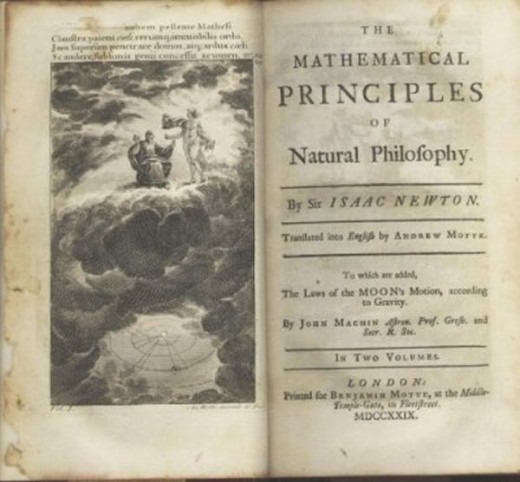
Books on Isaac Newton
Later Life
Newton became a representative in Parliament (1689-90, 1701-2) for his university and in 1703 he became president of the Royal Society until his death. He was made warden of the mint in 1696 and master in 1699. He was knighted in 1705 in recognition of his services at the mint. Although Newton was known as an open and generous person, at various times in his life he became involved in quarrels and controversies. The most well known controversy was his dispute with Leibniz over which of them had first invented calculus; today they are both honored for their work.
Newton died in his sleep in London on March 31, 1726 and was buried in Westminster Abbey.
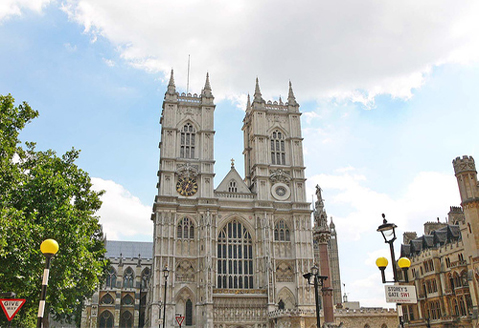
© 2009 Melvin Porter


